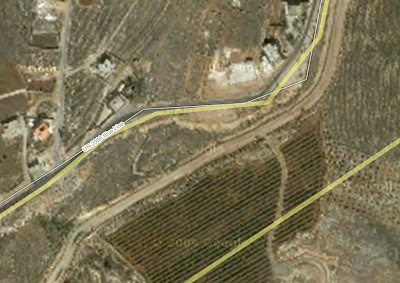Al Arabiya reports:
The United Arab Emirates' looming crackdown on BlackBerry services will extend to foreign visitors, putting the government's concerns over the smart phones in direct conflict with the country's ambitions to be a business and tourism haven.
The Emirates' telecoms regulator said Monday that travelers to the city-state of Dubai and the important oil industry center of Abu Dhabi will - like the 500,000 local subscribers - have to do without BlackBerry e-mail, messaging and Web services starting Oct. 11, even when they carry phones issued in other countries. The handsets themselves will still be allowed for phone calls.
And what exactly is the UAE problem with Blackberries?
Emirati authorities say the move is based on security concerns because BlackBerry data are automatically shipped to company computers abroad, where it is difficult for local authorities to monitor for illegal activity or abuse.
The security issues are not, as has been framed in some sources, that Emirati data is being saved on Canadian servers where they cannot control it. The issue is that the UAE wants to monitor personal communications that are now being encrypted.
I found the following from
Arab News, about rumors of a similar Saudi move, to be more troubling:
...The Al Arabiya satellite channel reported Monday that the Communications and Information Technology Commission (CITC) will not ban BlackBerry services after the Kingdom's three major telecommunication companies reached a solution with Research In Motion (RIM), the company behind BlackBerry phones, to provide CITC with monitoring services.
So does this mean that Saudi Arabia can now read all Blackberry messages that originate or terminate in the kingdom?
Does the US or Canada have that ability?
Apparently,
India also has a deal with Blackberry to watch messages, and Kuwait got RIM to block certain adult websites from its browser.
A few years ago,
Skype caved to Chinese demands that its messages be visible to authorities, and created a less-secure version of Skype which the Chinese can monitor. This sounds very similar.


 Elder of Ziyon
Elder of Ziyon
.jpg)






























.jpg)
